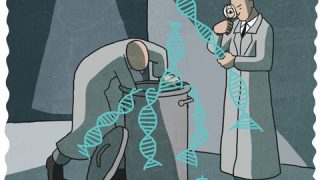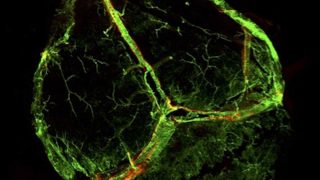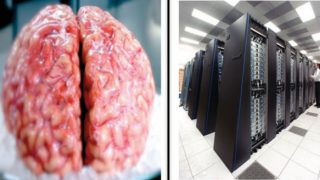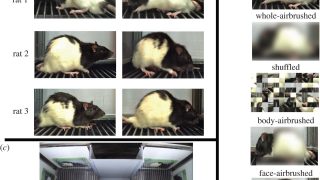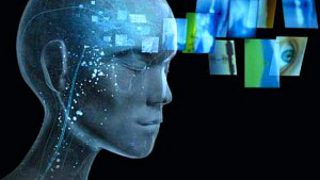
Metacognition in nonhumans
Metacognition is «cognition about cognition», or «knowing about knowing». It comes from the root word «meta», meaning beyond, and the word «cognition» that includes all mental abilities and processes related to knowledge: attention, memory, judgment and evaluation, reasoning, biological computation, problem-solving, decision making, comprehension and production of language, etc. Metacognition can take many forms; it […]
